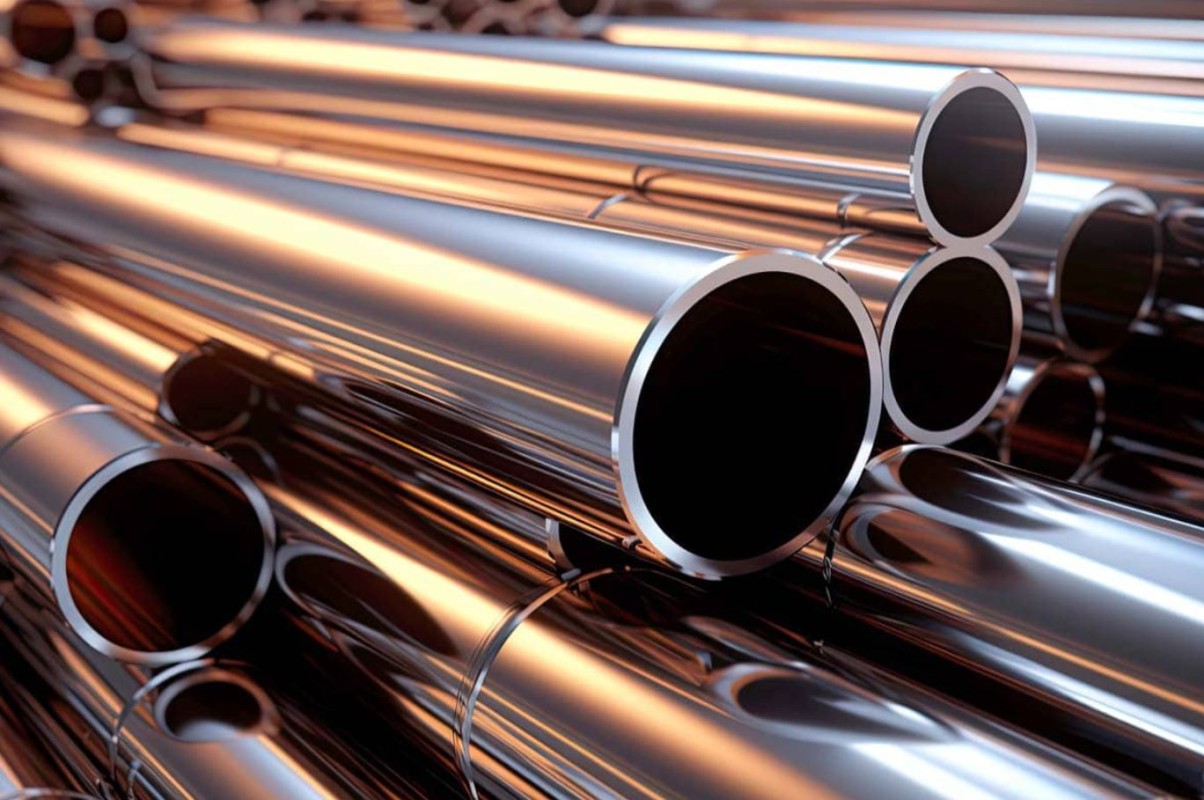Electricity shortage pushes steel price rising in Myanmar

699

Htet Nadi / Yoon (NP News) - April 1
According to a source from the construction sector, significant high prices of steels is partly due to the limitation of electricity in Myanmar.
There are numerous factories producing steel and iron within the country, including both operational and non-operational factories, with the total number of factories nearing around 100, both large and small.
Annual demand for steel and iron within the country ranges from 2.5 million to 3 million tons. Additionally, the demand for steel and iron for national construction projects is steadily increasing. However, domestic production only accounts for about 1 million tons.
Due to the limited supply of electricity to factories, steel prices within the country remain high, and as a result, the country is importing steel from abroad. This leads to an annual expenditure of nearly 2 billion US dollars in foreign currency.
He told The Statesman journal: "The domestic factories are facing power outages, which is causing prices to rise. If there is no power outage, prices would drop. It's related to domestic industrial zones. The quality is also being well-maintained. The domestic industrial zones have ensured that their quality is strictly controlled. However, power outages are severe. In some industrial zones, power is only available for two days a month. On the remaining days, power is available for just one hour a day. That one hour is only enough for operating machines or loading water, and then everything shuts down."
It is reported that high-rise buildings in the country are constructed using steel imported from abroad. However, the steel import permits are not actually granted to those who are actively working, leading to significant difficulties and challenges in the process.
He continued: "Six-story, eight-story, twelve-story, and twenty-story buildings are typically built using imported materials. For buildings up to six stories, they can be constructed using domestic materials. The investment involved in high-rise buildings is significant, the investors do not use the domestic ones. If they were to use local steel and something went wrong, it could lead to major problems for the investor. That’s why they don’t use it. For high-rise buildings, they only rely on imports. The licensing fee has been at 12 million kyats for about the past four months."
In the year 2021, the price of steel per ton was only around 13 million kyats. However, in the subsequent periods, due to the increase in the dollar exchange rate, the prices of construction materials also rose. By 2024, the price of steel per ton in the market had risen to 34 million kyats.
Currently, there is no classification of steel as a critical commodity, and there are no specific regulations regarding the amount of foreign currency spent monthly for the import of steel and iron.